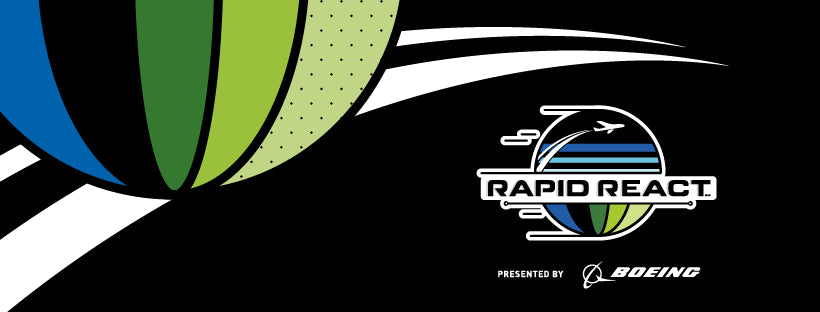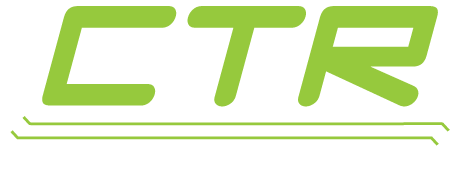
2022 FRC and Product Update
Share
With the build season well under way and events on the horizon we wanted to provide an update on the state of Phoenix software, product pre-orders, and feature highlights.
Phoenix Framework v5.21.1
A new update to Phoenix Framework has been released that provides updates for CANivore, Pigeon 2.0, and CANdle.
We highly recommend that CANivore users update to this release. It includes:
- Major CANivore performance/Tuner improvements
- Tuner features for Pigeon 2.0 (more details below)
- A fix for the known errata with LabVIEW Open VIs
- CANdle firmware fixes and improvements.
For the full release notes see here.
CANivore and Pigeon 2.0 Orders
All CANivore and Pigeon 2.0 pre-orders have been filled and shipped.
All of our existing Pigeon 2.0 inventory has been allocated for the pre-order shipments, but if you didn't snag one yet don't worry! Additional Pigeon 2.0 units will be available for purchase by the beginning of next week.
You can sign up on the Pigeon 2.0 product page to be notified when they're back in stock.
CANivore units are available for purchase right now.
Don't forget to check out the Hardware User Manuals!
CANivore Feature Highlight: Hardware Attached Simulation
Over the last couple of years the advent of widely-available robot simulation in FRC has given teams the important ability to debug and test their robot projects on their local PC without a roboRIO.
CTR Electronics is pleased to announce the next major improvement for local debugging:
Hardware Attached Simulation
With a CANivore plugged into your local Windows* PC, simply swap your Phoenix vendor dependency for our Hardware Attached Simulation library and your robot project can now talk to CAN FD devices exactly as if they were connected to the roboRIO. As long as the CANivore has the same name as the one used on the roboRIO, no changes are necessary to your robot project code.
In addition, while your Hardware Attached Simulation is running you can also use Phoenix Tuner exactly as you would with the roboRIO by selecting the "localhost" option in the target drop-down. Testing your real hardware with real robot code without a roboRIO has never been easier.
The vendor JSON file for Hardware Attached Simulation can be found here:
https://maven.ctr-electronics.com/release/com/ctre/phoenix/Phoenix-frc2022-latest-CANivoreDesktop.json
Users should keep in mind that only one Phoenix vendordep can be in a project at any time - you must swap the standard Phoenix json in or out of the project as needed.
*Linux Desktop support may be added in the future
Pigeon 2.0 Highlight: Arbitrary Mount Pose
One of the major IMU improvements new to Pigeon 2.0 is the ability to mount the Pigeon in any orientation.
Using the new "Mount Calibration" tab in Phoenix Tuner, users can configure the Pigeon 2.0 for any mounting orientation. Yaw, Pitch, and Roll will then be compensated to be relative to Earth at the time of calibration.
For more information, see Phoenix Tuner and Section 6 of the Pigeon User's Guide.
Good Luck to All Teams this Season! - Jacob Caporuscio
